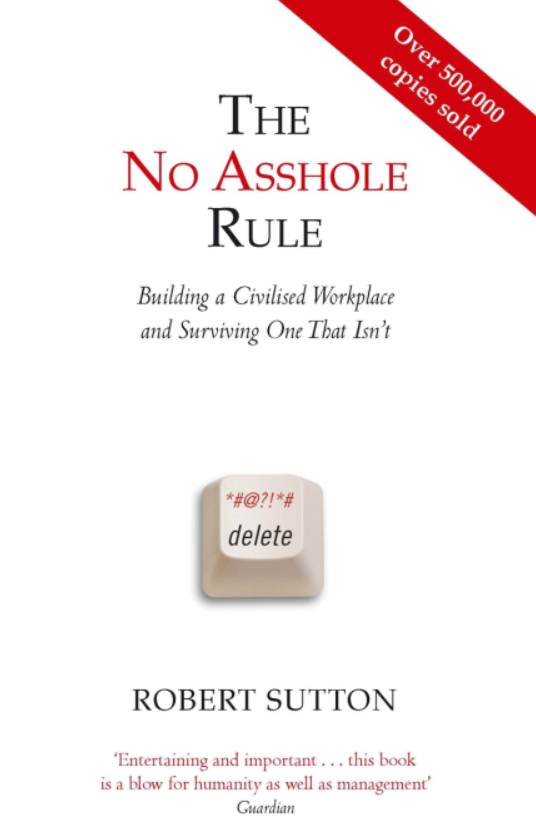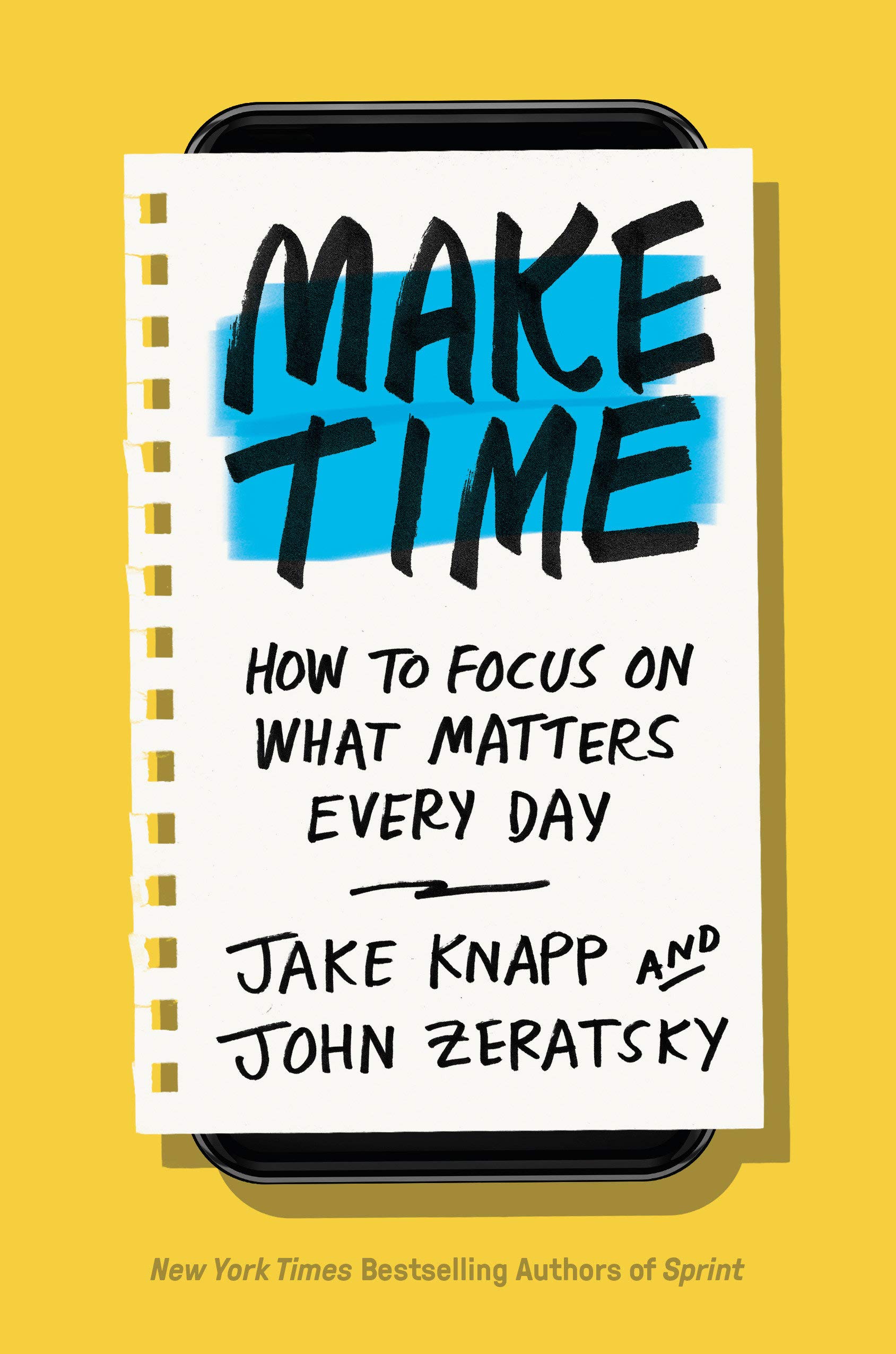Giving feedback well requires you to challenge individuals whilst caring for them
Radical candor by Kim Scott is a book that sets practical ground-rules for how to give feedback as a leader (‘boss’). The main concept is that bosses need to challenge their team about actions, performance, outcomes and do so in a direct manner that facilitates change. However, for this to land sincerely, the boss must also genuinely care about their team on a personal level. These relationships do not develop overnight and don’t arise from a scheduled work bowling evening. They come from informal time that has been carved out of the normal working day when conversation flows. This environment (and culture, heavily shaped by the leader) facilitates radical candor that leads to improved team performance.

Key points:
- Scott prefers the term ‘boss’ as ‘manager’ implies only deal with insignificant detail, and ‘leader’ suggest don’t have to worry about managing – the boss does both
- Don’t apologise for doing management (in place of ‘real’ work) – it is your job
- Two fundamentals of radical candor are: caring personally and challenge directly
- Both of these must be integrated into giving feedback, which is a central task of being the boss
- Giving feedback with care but not challenging is often in your own self interests (i.e. getting people to like you)
- If everyone can be exceptional at something then it is your job as boss to find that for them
- On firing people:
- Ensure you’ve given radically candid feedback to someone before you fire them
- Most bosses wait too long before firing [aim to have either people staying a long time in the organisation (because they are good fit) or a very short time (because they were a bad hire)]
- When you are looking to develop ideas, put the onus on the explainer (the person who came up with the idea) – they need to bring it into life first, otherwise it gets interpreted before coming into being
- You can’t ‘get’ the best work out of people, you can only create the environment for them to bring it forward
- You need to make space and time to invest in relationships with your direct reports
- Social events outside work can backfire if they feel forced or compulsory
- Cultivate time within work
- Acknowledge emotions, including your own
- Get criticised publicly. Practise your opening question (e.g. “What one thing should I do/stop to make it easier to work with me?”), anticipate it being uncomfortable (for both you and the person answering), count to 6 (to give them time to respond), listen to understand (not reply), then do something to show you care about changing
- This process is absolutely necessary to start with the boss if you want it to roll out to the rest of the organisation
- Create systems to encourage this behaviour, don’t just expect feedback to happen
- Give feedback (positive or negative) immediately (in <3min) by using: situation, behaviour, impact – this helps to avoid the fundamental attribution error
- Most common to need to become more obnoxiously aggressive before getting to radical candor (i.e. most people aren’t direct and challenging enough when giving feedback)
- Avoid using gender specific language (e.g. abrasive, shrill)
- Give written performance reviews – helps with giving effective feedback and lets people come back to them later
- When giving feedback: spend 50% looking back and 50% forwards
- Don’t allow one of your direct reports to talk to you about another without them being in the room [this concept has come up in many leadership texts]
- Have separate discussion and decision meetings within your teams
- This sets a deadline for when the discussion must stop and move onto making decisions
- Use 1-on-1 meetings with your direct reports to listen and solve their problems. Let them set the agenda. They are not for feedback (they should be separate and immediate – see above)
- Every team’s culture is heavily influenced by their leader’s personality
More books like this:
Creativity Inc. by Ed Catmull and Amy Wallace
Principles: life and work by Ray Dalio
Dare to lead by Brené Brown



